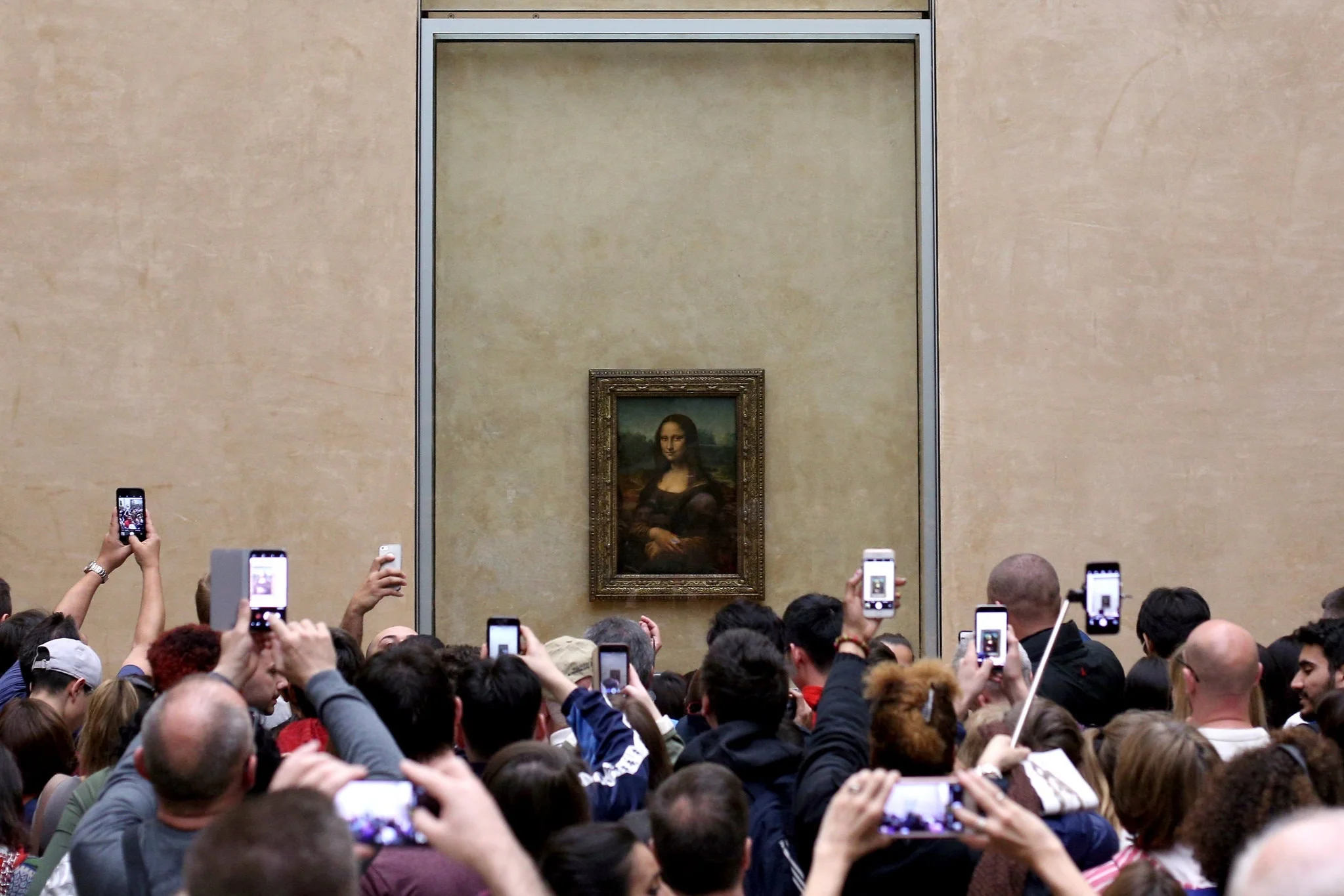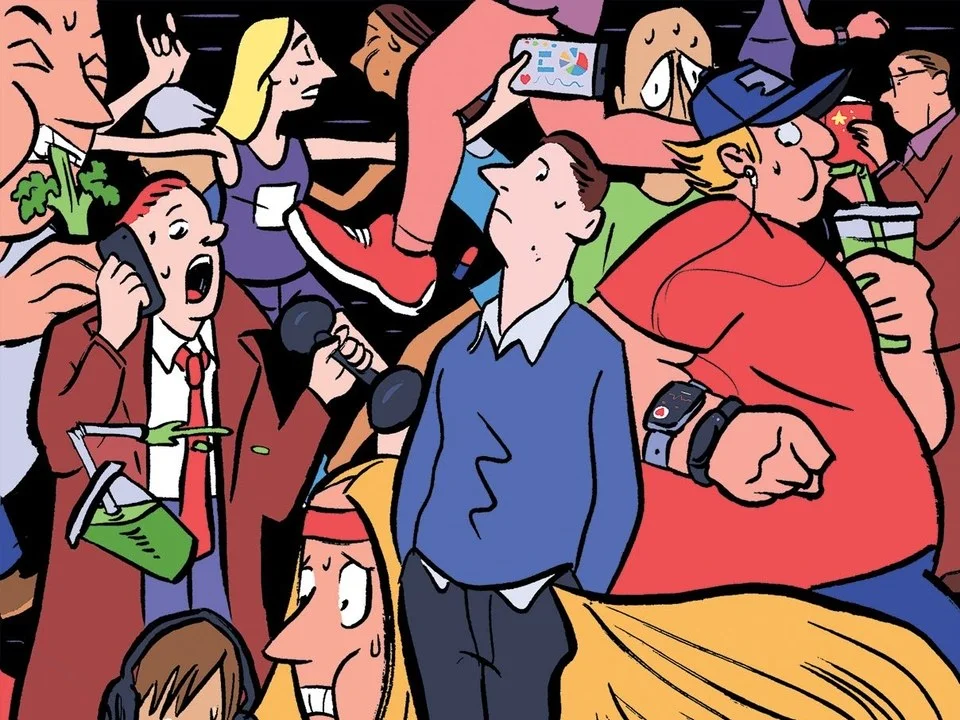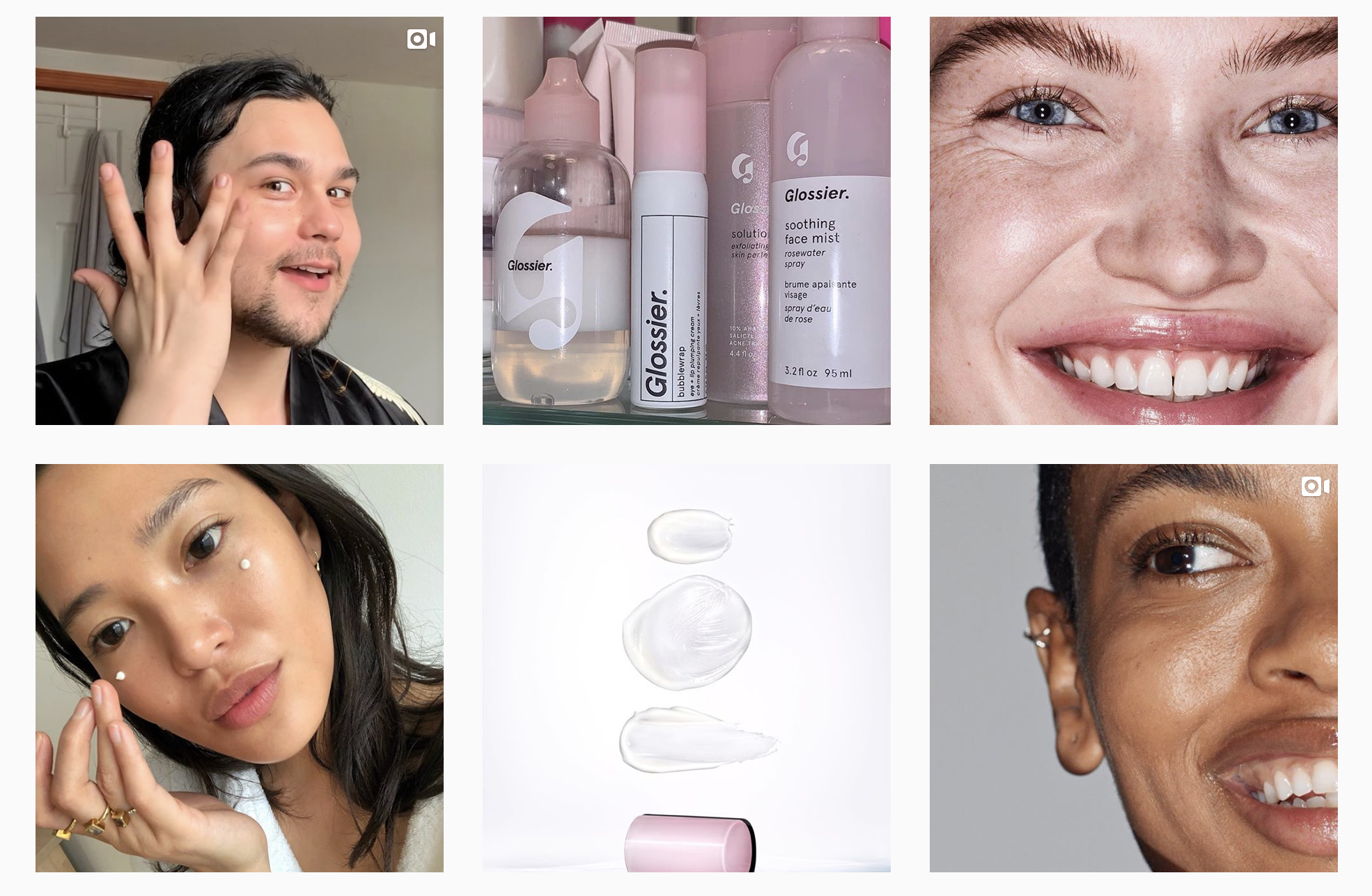As Dr. Seuss once said, “be who you are and say what you feel because those who mind don't matter and those who matter don't mind." As life affirming as that message may be, it’s a message applied all too rarely in the age of Instagram; especially by Millennials, a generation who has only ever wanted to conform. However, Gen-Z rejects this paradigm—rather than perpetuating notions of perfectionism, Gen-Z instead embraces uniqueness and equality. As brands shift their focus from Millennials to Gen-Z, it provides us marketers with a pressing implication. While in the past a brand came up with a ‘look’ and expected everyone to follow; to capture the attention of this new generation, brands need to embrace their unique traits.
Reflecting on these trends, I find myself wondering what the impact on Instagram will be. This is a platform whose success was built upon vignettes of the sweet life and the idolization of the unattainable. Is Instagram sustainable or will it have to adapt? And should brands continue to care to make a moment ‘Instagrammable?’
Perfect Is the Expectation
In a study published in 2017, Thomas Curran, PhD and Andrew Hill, PhD, examined socially prescribed perfectionism, which the duo defines as "an irrational desire to achieve along with being overly critical of oneself and others.” The study found that since 1989 there has been a 33% increase in socially prescribed perfectionism. According to Curran “the raw data suggests that social media use pressures young adults to perfect themselves in comparison to [their peers].” Social media today sets our expectation for what is acceptable within our social fabric.
Indeed expectation is everything, so much so that in his Tedx talk in Klagenfurt Nat Ware, founder and CEO of 180 Degrees Consulting, attributes expectations as the reason for why we are unhappy. Ware postulates that we are unhappy because of the expectation gap—when expectation of reality exceeds our experiences of reality. He then offers three different types of expectation gaps: imagination, interpersonal, and inter-temporal gap.
Imagination Gap: when our imagination exceeds reality
Interpersonal Gap: where we compare our reality to the reality of others
Inter-temporal Gap: when our past reality is better than our present reality
As Ware offers, in regards to the imagination gap, technology and social media have only exacerbated this. For example, through tools like photoshop and airbrushing, we’ve come to “romanticize travel and [it] makes us come up with fantastical ideas about places that reality simply can’t live up to.” We expect more than what reality can provide. In Improving Ourselves to Death Alexandra Schwartz cites the work of British journalist Will Storr which reveals that “adolescent girls are increasingly unhappy with their bodies, and that a growing number of men are suffering from muscle dysmorphia.” His work also makes note of the epidemic that is the “perfectionist presentation—the tendency, especially on social media, to make life look like a string of enviable triumphs.” Social media is today’s reality TV, and like reality TV, it “frames human relationships as a constant competition for popularity and approval.”
Despite all the wonders technological innovation has provided us with, it has also produced a culture of non-stop improvement through the gift of metrics. As Schwartz offers,“it’s no longer enough to imagine our way to a better state of body or mind. We must now chart our progress, count our steps, log our sleep rhythms, tweak our diets, record our negative thoughts—then analyze the data, recalibrate, and repeat.” Metrics that have fully incinerated work life balance, and yet we are only so eager to share online
Perfectionism is Unhealthy and Gen Z is Not Having It.
But “perfect” is unsustainable, and the impact of trying to achieve it is damaging to the mind, body, and soul; so much so that Storr blames the alarming rates of suicide in the United States and Britain on “the horror and shame of failing to meet the sky-high expectations we set for ourselves.” People are dying because they are failing to achieve something that is impossible to achieve, or by the same token achieve to hide their struggles by painting the perfect image online.
But there is a light at the end of the tunnel; thanks to Gen Z the perfectionist presentation phenomenon along with its toxic ramifications may be coming to an end. Unlike their Millennial counterparts, Gen-Z has no interest in the perfect look or being ‘on brand.’ This new generation insteads propels forward the notion that you should be comfortable in your own skin and be yourself. As 22-year-old influencer Reese Blutstein offers, “for my generation, people are more willing to be who they are and not make up a fake identity,” she says. “We are trying to show a real person doing cool things as a real person, not trying to create a persona that isn’t actually you.” The question now is, what does this mean for Instagram and social media strategies that often revolve around it?
Instagram Pivots, TikTok Rises
In 2016 Facebook launched Instagram Stories—its response to the perfectionist presentation phenomenon. You see, the aspirational only worked for Instagram for a while, but in time that backfired. Among the sea of perfection, users were not posting on Instagram everyday—believing that their content was just not ‘Insta-worthy.’ With their short lifespan, stories allow users’ spontaneity to shine and be themselves—changing the way we create and consume content on line. I must admit, as a Millennial who grew up curating an ‘image’ online, this was an incredible feat to overcome and yet one of the most liberating things I have ever done. Being yourself in this world after all is one of the bravest things you can do.
In a further attempt to minimize the negative impact that it has had on society through the perfectionist presentation, Instagram is experimenting with getting rid of likes altogether. Indeed if users are not measuring themselves by the amount of likes they receive, they may reconsider the content that they are posting all together, from one that seeks approval to one that brings to life their real values.
And then there is TikTok: an app that can be best described by their hashtag #ImaDoMe —a call to action to not fit in and instead stand out. Given the pressure that the perfectionist presentation has imposed on our culture, it’s easy to see why TikTok can be an attractive platform—you are given the gift to let loose and not care for even a second. In this way it’s the opposite of Instagram where everything seems to be perfected; it is “an endless unspooling of material that people, many very young, might be too self-conscious to post on Instagram, or that they never would have come up with in the first place without a nudge.”
Content That Matters, Freedom At Last
What does this mean for brands? The end of the perfectionist presentation challenges the idea of what a brand is all together. How does a brand balance telling an audience to be themselves, and at the same time request of them to subscribe to its values and ‘universe’? If conjuring an aspirational world ceases to be relevant, what are the images that will take over our feeds? What makes a moment “Instagrammable” and will audiences care? I think so. Instagram’s decision to remove likes means that comments will become that much more important and provides an opportunity for more authentic connections between brands and their audience. Instead of posting content for likes, brands will post content with their loyal followers in mind.
One thing is for sure —escaping from the tyranny of perfectionist presentation offers one a refreshing source of freedom. Like my friend Valentina always says “uno tiene que sacar partido a lo que uno tiene,” meaning “one must take advantage of one’s intricacies.” That mindset is a source of freedom to which I very much look forward to.








